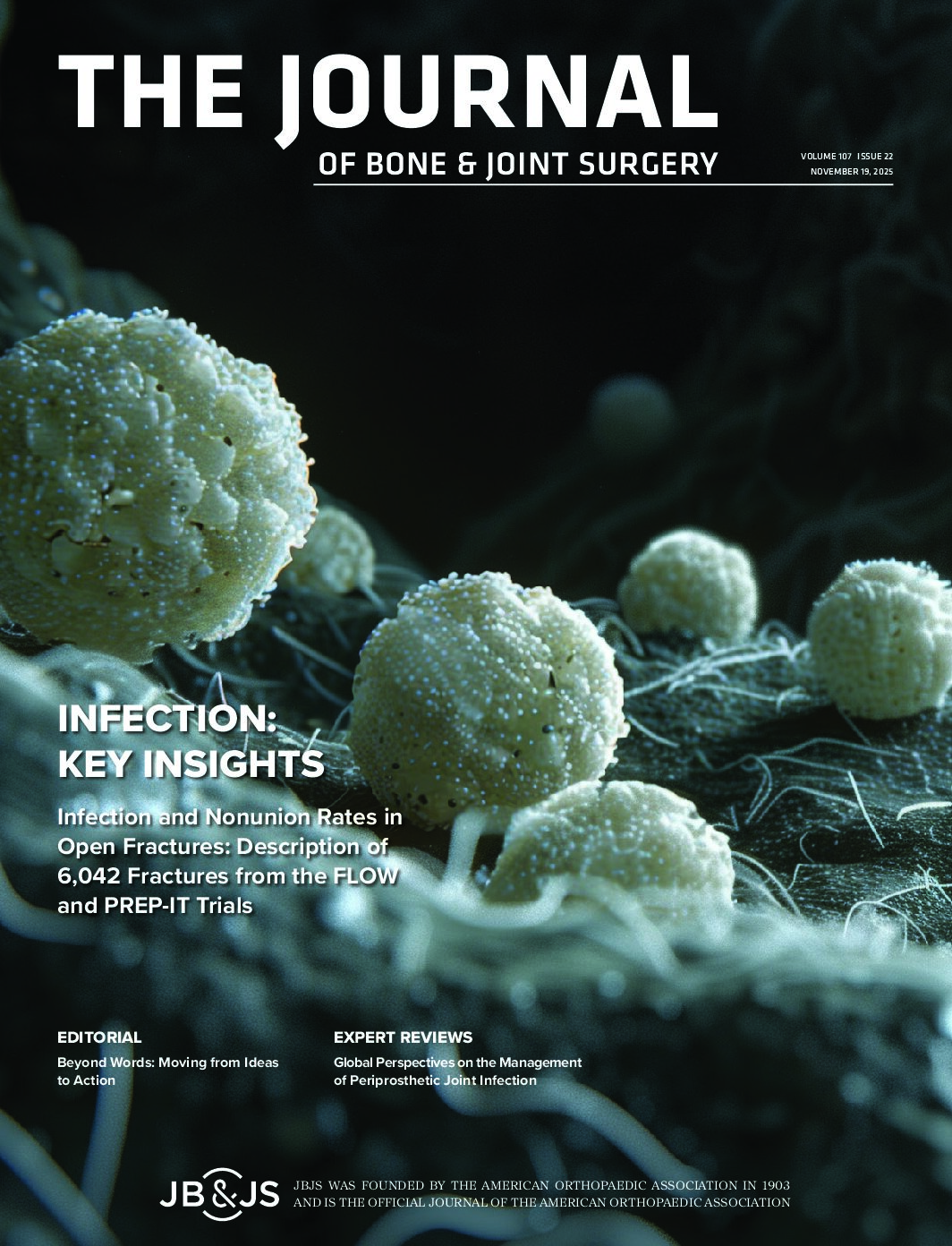 Because of government mandates prohibiting elective surgeries, surgical specialties have been among the hardest hit economically during the COVID-19 pandemic. To reduce overhead, some orthopaedic practices have terminated or furloughed staff or implemented steep pay cuts. But as Powell et al. explain in the latest JBJS fast-tracked COVID-19 article, the pandemic presented a unique opportunity for Orthopedic Physicians Alaska (OPA)–a private, vertically integrated practice based in Anchorage–to transform itself, serve its community, and keep its staff employed and the practice afloat.
Because of government mandates prohibiting elective surgeries, surgical specialties have been among the hardest hit economically during the COVID-19 pandemic. To reduce overhead, some orthopaedic practices have terminated or furloughed staff or implemented steep pay cuts. But as Powell et al. explain in the latest JBJS fast-tracked COVID-19 article, the pandemic presented a unique opportunity for Orthopedic Physicians Alaska (OPA)–a private, vertically integrated practice based in Anchorage–to transform itself, serve its community, and keep its staff employed and the practice afloat.
Alaska shut down elective surgeries in response to COVID-19 on March 19, 2020, and a statewide stay-at-home order was issued on March 22. While OPA leaders confronted the fact that, under those conditions, the practice would not be financially viable after June 15, the Municipality of Anchorage presented a partnership opportunity to OPA and other local healthcare entities.
Anchorage has a disproportionately large population of homeless people. On any given day in the city of 300,000, the number of shelter beds available is >400 short of meeting the demand. To help prevent COVID-19 deaths on a tragic scale among the homeless, the city emergently created temporary shelters, most of them, apropos of Alaska, in de-iced ice rinks.
But the number of available healthcare workers to staff those facilities was insufficient, so the municipality asked OPA and the other larger healthcare practices in the city whether they’d be willing to provide workers to support both existing and new shelters for the homeless. The proposed tasks were definitely not orthopaedic in nature, Powell et al. report. They included creating workflows for COVID-19 screening, establishing logistics for COVID-19 testing, and providing around-the-clock medical oversight at the isolation and quarantine facilities.
OPA said “yes.” With only days until shelter screening was set to commence, the staff and executive team went into full training mode. Meanwhile, contracts were signed with the city for OPA to be paid an hourly rate compatible with Federal Emergency Management Agency reimbursement for services provided. The surgeons in the practice agreed to assume all clinical orthopaedic duties so physician assistants and other clinical staff could serve at the shelters (see photo above).
OPA transformed an orthopaedic practice delivering musculoskeletal care to a focused COVID-19 healthcare entity within 5 days–while avoiding any furloughs. OPA staff are now screening 1,400 homeless and vulnerable individuals daily. Although the work is neither glamorous nor within the scope of a normal orthopaedic practice, the authors conclude that “cooperation with the Municipality of Anchorage has helped to flatten the curve for the community [and] keep the most vulnerable population safe.”



Elective surgeries are the backbone and pillars of most acute hospitals.And the prohibition of elective surgeries is seriously affecting healthcare workers and the establishments. 60% of hospital revenue is at stake.
How do you maintain and run your home when you have no resources to do so? I hope that there will be a way to resume elective surgeries safely without compromising the patients, doctors, nurses and other healthcare workers. There will be sunlight very soon. I hope and look forward to better days. We shall overcome this.